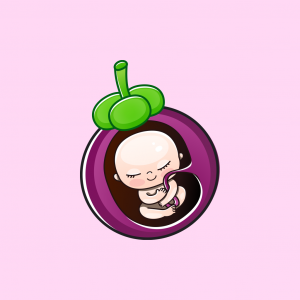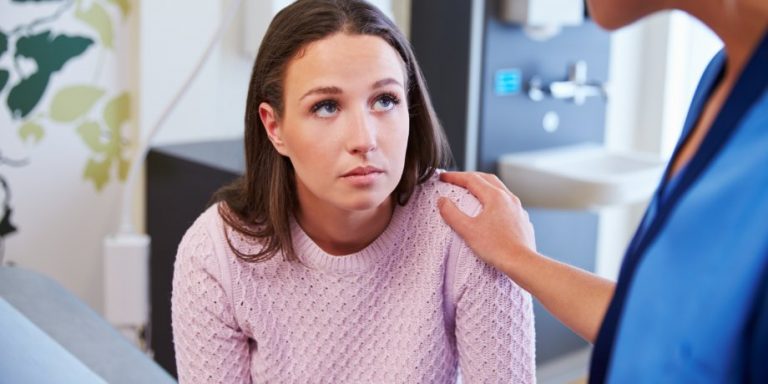A missed or late period often sparks a wave of questions—could it be pregnancy, or is something else affecting your cycle? The early signs can be subtle, varied, and sometimes surprising. In this Q&A, we’ll walk through the earliest pregnancy clues and when it’s time to take a test or check in with your healthcare provider.
Want to dive deeper into early pregnancy signs? Read the full article here: Missed or Late Period: Early Signs of Pregnancy Explained
Ask Dr. Stan
1. Dr. Stan, is a missed period always a sign of pregnancy?
Not always. While a missed period is often one of the first signs we look for, it’s not the only reason your period might be late. Stress, hormonal changes, extreme weight changes, or even a shift in routine can cause delays. But if you’re sexually active and miss a period, it’s a good idea to take a home pregnancy test and follow up with your provider.
2. When is the best time to take a pregnancy test for accurate results?
The most accurate time to take a pregnancy test is one week after your missed period. That’s when your body likely has enough hCG—the pregnancy hormone—to trigger a positive result. Testing too early can lead to false negatives, so patience really pays off here.
3. What early signs might appear before a missed period?
Some women notice symptoms like breast tenderness, fatigue, nausea, or increased urination even before missing a period. These early signs vary from person to person and can sometimes mimic PMS, which is why testing is still the best way to know for sure.
4. How common is implantation bleeding, and could it be mistaken for a period?
Implantation bleeding happens in about 1 in 4 pregnancies and is usually light spotting that occurs around the time your period would be due. It’s typically lighter in color—think pink or brown—and doesn’t last as long. It can definitely be mistaken for a period, especially if you aren’t expecting to be pregnant.
5. Can irregular cycles affect how soon I’ll notice I’m pregnant?
Absolutely. If your cycles vary month to month, it can be harder to pinpoint when a period is truly “late.” That’s why keeping track of your cycle and symptoms is so helpful. If you’re unsure, testing three weeks after unprotected sex is a good rule of thumb.
6. Why do pregnant women experience breast tenderness so early?
That’s due to a surge in pregnancy hormones like estrogen and progesterone, which begin preparing the breasts for milk production almost immediately. The resulting tenderness and swelling can feel similar to PMS—but if it feels more intense or lingers past your expected period, it may be worth testing.
7. Is fatigue really an early pregnancy symptom?
Yes, it’s very common. In fact, fatigue can show up as early as the first week or two after conception. Your body is working overtime producing progesterone, which slows down your system and can make you feel more tired than usual.
8. What’s the deal with increased urination in early pregnancy?
This symptom kicks in early because your body starts producing more blood to support your growing baby, which means your kidneys are working harder. The result? More trips to the bathroom, even before a positive test.
9. Should I be worried if I’m having mood swings or odd cravings?
Not at all—these are common and driven by hormonal changes in early pregnancy. Shifts in mood, changes in taste and smell, and even new food aversions are all part of the adjustment. If anything feels extreme or disruptive, it’s worth checking in with your healthcare provider.
10. When should I see a doctor after a missed period?
If you’ve missed your period and get a positive home test, go ahead and schedule a visit with your pregnancy care provider to confirm and begin prenatal care. If your period is late but tests are negative—or if your cycle is consistently irregular—it’s also a good idea to get evaluated to rule out other causes.










